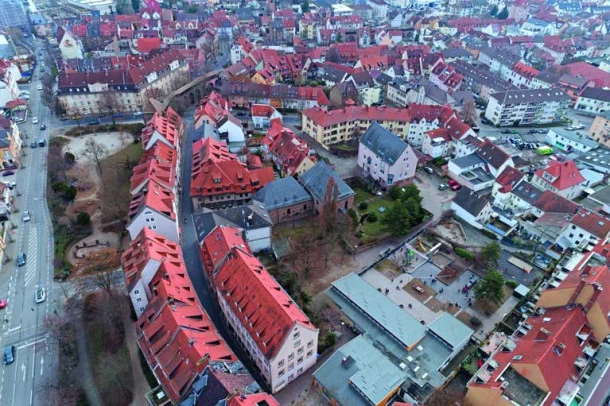UNESCO and WMF join Forces to inventory the Jewish Heritage Worldwide
UNESCO and World Monuments Fund (WMF) will establish a partnership aimed at accelerating the documentation of Jewish cultural heritage worldwide and better protecting these sites. The partnership will initially run for five years. It will benefit from an initial investment of $1 million USD and will be open to external funding.
On the occasion of the reopening of WMF’s French office – the inauguration of which is scheduled for Saturday, September 16, in Paris – UNESCO is announcing the launch of a new partnership with WMF aimed to draw up an inventory of Jewish cultural heritage around the world. This project will involve the organization of international expert missions charged with mapping and assessing the condition of Jewish heritage sites and formulating recommendations to improve their preservation and management.
UNESCO and World Monuments Fund will also design an international travelling exhibition devoted to Jewish heritage sites inscribed on the World Heritage List. The show will highlight the contribution of Jewish culture to modern architecture and urban planning, as well as to the intellectual, social, and cultural evolution of societies worldwide. The launch will take place in early 2025.
Numerous Jewish Sites Protected by UNESCO
As part of the World Heritage Convention, UNESCO protects numerous sites linked to Jewish culture and traditions, including the Jewish quarters of Budapest, Hungary; Odesa, Ukraine; and Prague, Czech Republic. It also protects the historic synagogues of Delos, Greece, and the ShUM sites of Speyer, Worms, and Mainz in Germany.
Created in 1965, World Monuments Fund quickly became a leading partner of UNESCO. The two organizations have carried out emblematic restoration projects in the city of Venice, Italy; the Mahadev temple complex in Nepal; the Citadelle Laferrière in Haiti; and the rock-hewn churches of Lalibela, Ethiopia.
Since 1988, the Jewish Heritage Program (JHP) at World Monuments Fund has contributed to the conservation and protection of almost 60 sites in 28 countries. In its early days, the JHP was mainly devoted to the restoration of Ashkenazi synagogues in Central and Eastern Europe in the aftermath of the dissolution of the USSR. The Program’s scope has gradually expanded, implementing projects in Brazil, China, Morocco, and India, ranging from the documentation of traditional houses in Uzbekistan to the preservation of oral histories in the Sephardic community of Cape Verde.
This partnership with UNESCO enables the launch of new initiatives in Eastern Europe, particularly in Ukraine. It will also enable the improvement of inventories and protection of Jewish heritage in Central Asia, Latin America, the Caribbean, and the Arab world.

